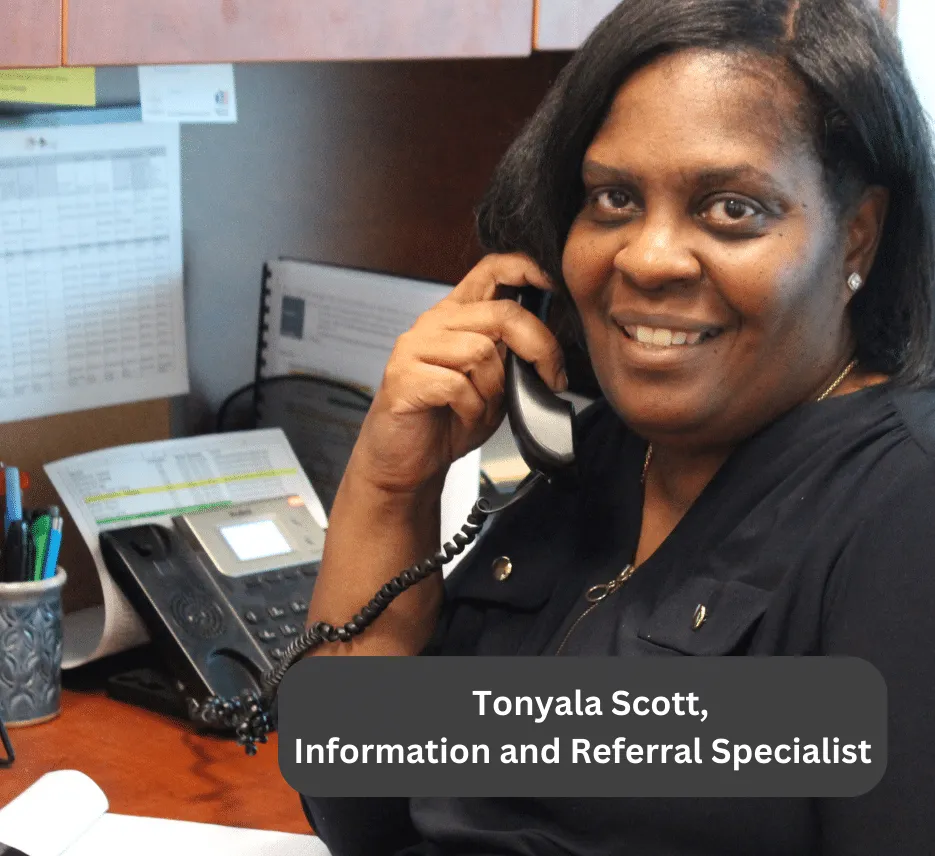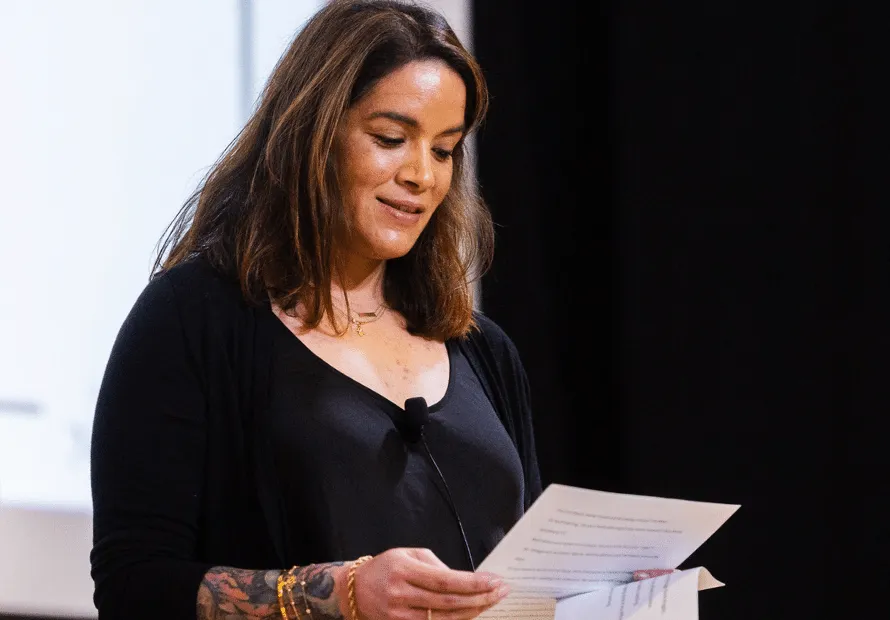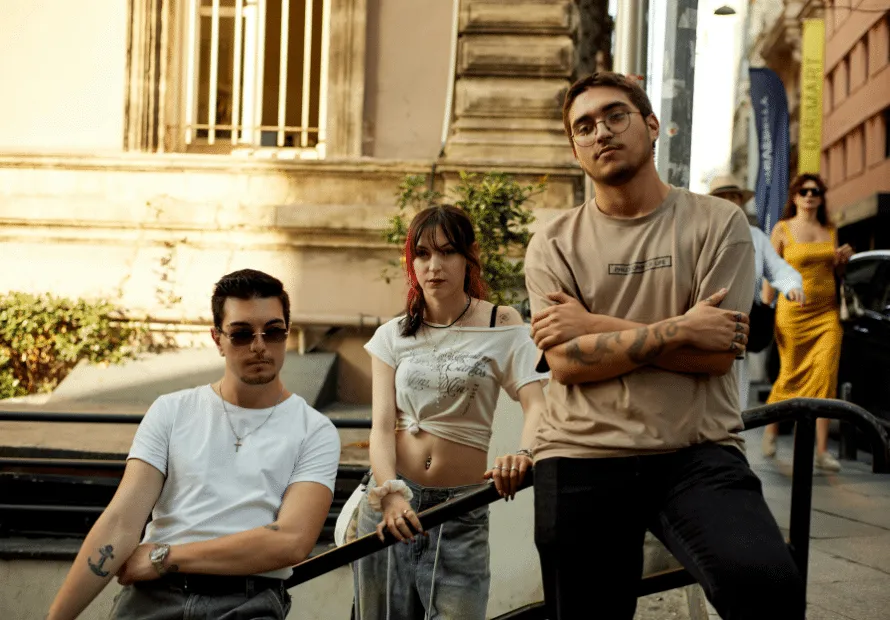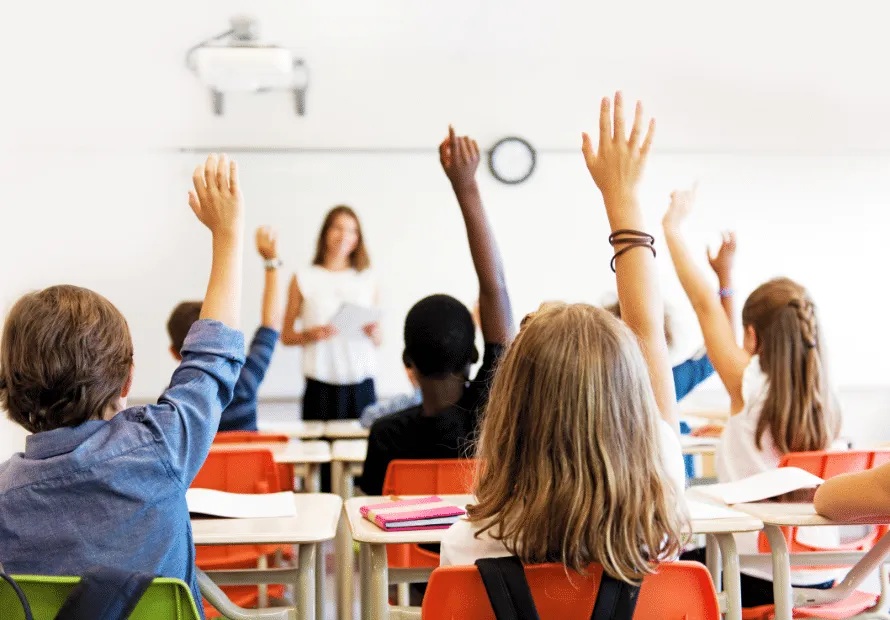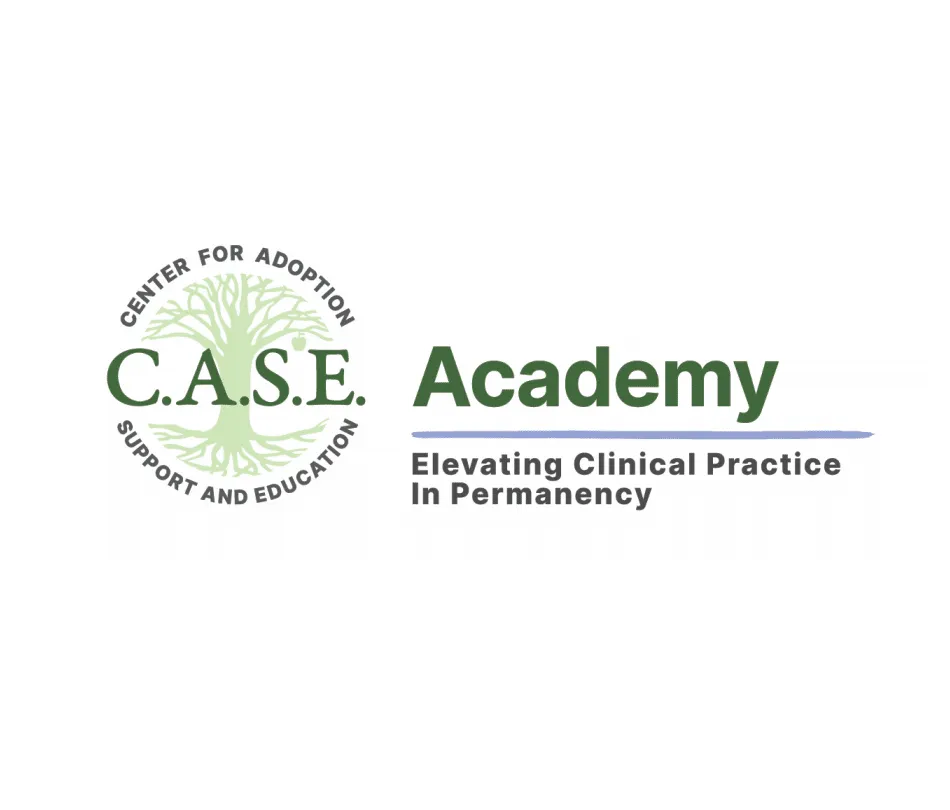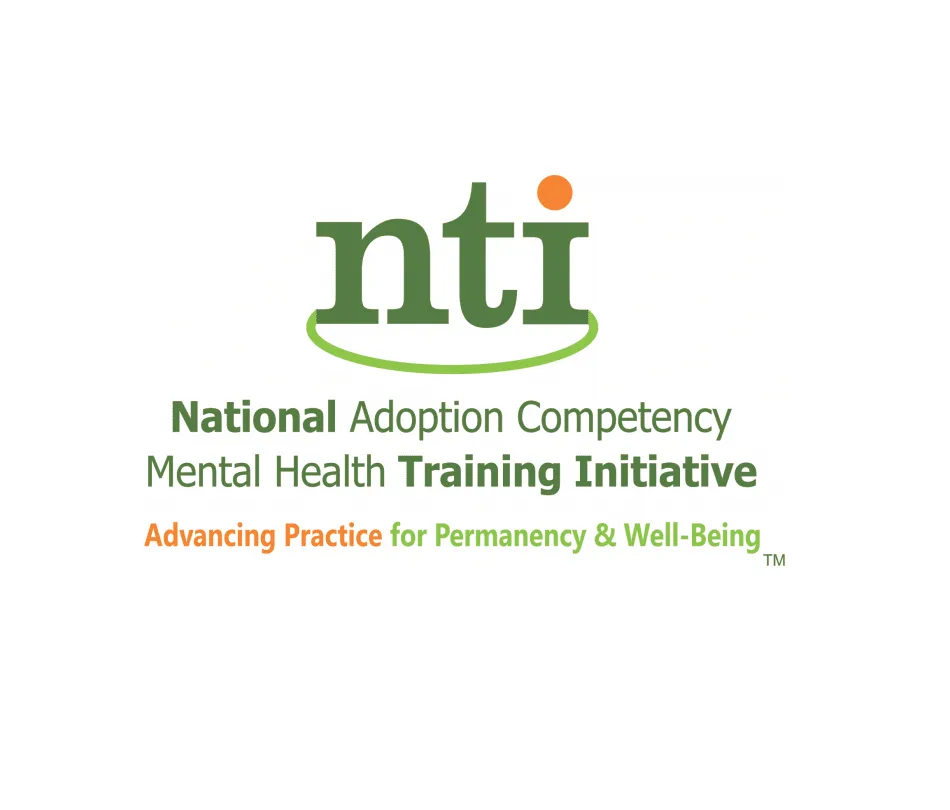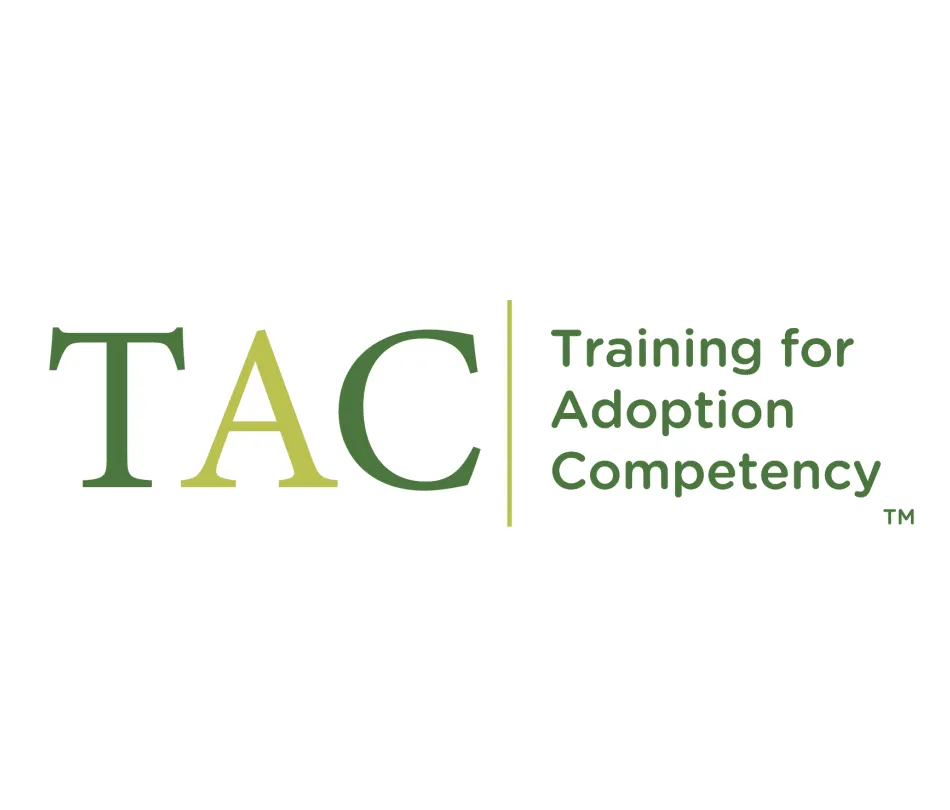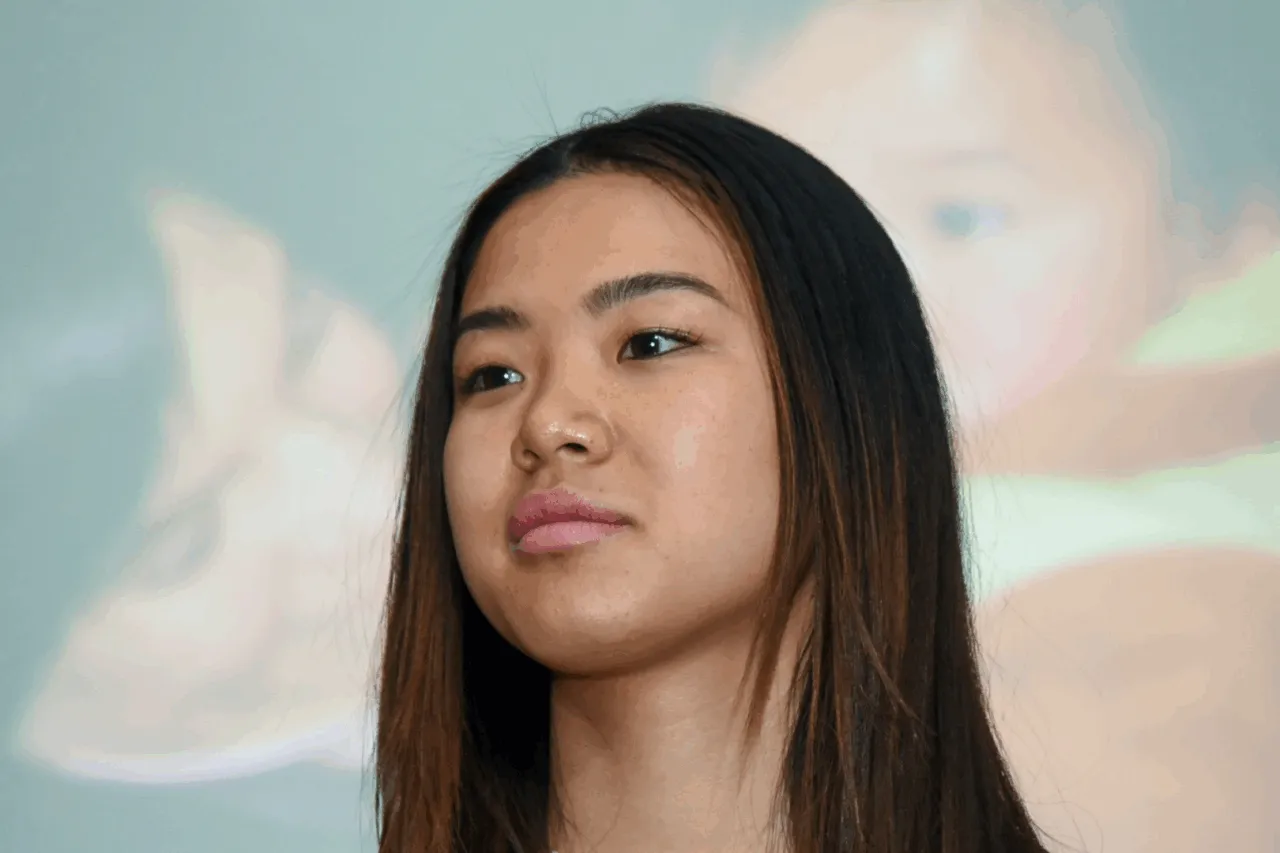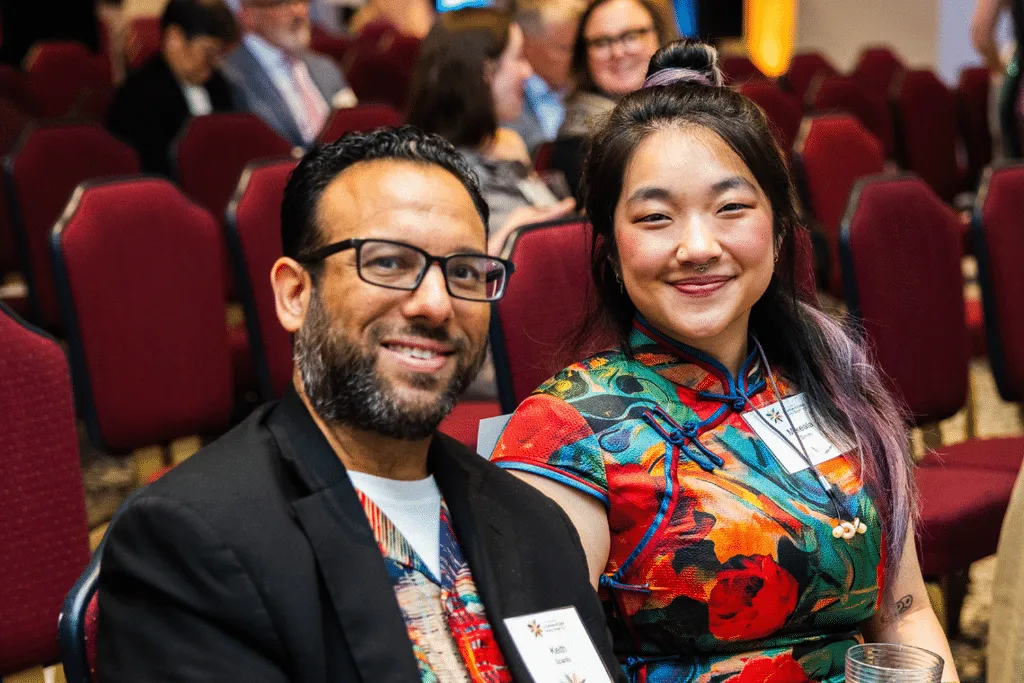An A+ Adoptee
An A+ Adoptee
My adoption journey begins in the middle of November, where I, an 11-month-old, met my parents for the first time. Even thinking about the grainy 1990s VHS home videos brings me joy and snippets of nostalgia. I was giggly, chunky, and had a full head of hair. By the time my parents and I flew back to the United States, it was time to be grateful and carve turkey for Thanksgiving.
Upon my arrival home, I was greeted by my older sister, my grandmother, my grandfather, my aunt, and my childhood cat. The photos were proof that for as long as I can remember, adoption has always been part of my story. It was perhaps unavoidable since my older sister and I grew up as “transracial adoptees” (meaning we are a different race than our parents – our family).
I grew up in a predominantly white area, with an older adoptive sister who was also the same race as me, making “adoption” and being “Asian” relatively normal in my household. However, in the outside world, we were racially noticeable. Too often, we were the only non-white people in the room. We were exoticized for our ethnic hair and won honorable mentions for several holiday costume contests when wearing our traditional cheongsam.
Race and adoption became so intertwined that I took it upon my young 8-year-old self to prepare all my answers for these intrusive and sometimes offensive questions poking at the most visually obvious “phenomenon” – being Asian with white parents.
In preparation for these frequently asked questions, I started to openly talk about my adoption story. I used “being adopted” as a “fun fact about me,” and despite not knowing much, I desperately wanted to share more about Chinese culture (specifically Chinese New Year). Because I constantly felt like I was on display, I wanted my own plaque that I could recite…
“My name is Mikaela, I was adopted from China at 11 months old. I am the youngest of four, with my two older half-brothers and my older sister who is also adopted but not biologically related. My parents are white. It was a closed-like international adoption, so I don’t know my bio parents. If I could choose, I would love to meet my bio siblings, but I think meeting my birth parents would be too much. My English is so good because it’s the only language I grew up speaking. I also speak a little Spanish, however, I do not speak Chinese. Mulan is not my favorite Disney character. Also, I am the year of the Ox…”
“Also, also, I’m truly an adoptee because I was adopted in November, which is the same month as Adoption Awareness Month! You could almost say, ‘I am an A+ Adoptee.’”
I felt like I gained bonus points because my grandfather and I shared a special day — his birthday and my “gotcha day.” When I was younger, I considered my gotcha day more important than my legal birthday because it was the day I was “born” into my family.
Twenty-two years later, and after my grandfather’s passing, I subconsciously did “extra credit” by adopting a pandemic puppy, Karma, who coincidentally also shares our special day as her adoption day too.
This project continues, as this year I learned that my sister’s adoption day also lands on our paternal grandfather’s birthday (who passed before either of us were born), furthering our A+ Adoptee status — because these coincidences must really make us part of the family.
It wasn’t until I connected with fellow adoptees in college (about 10 years after I created my plaque) I realized my list of FAQ answers had just created a wall of logic. A “great wall” to protect myself from people asking personal questions, questions that are unfathomable to non-adoptees.
- “Where are your real parents?”
- “Is your dad or mom Asian?
- “Do you look more like your mom or dad?”
- “Aren’t you glad your mom didn’t abort you?”
- “How much did you cost?”
- “Did your mom adopt you because she couldn’t have real kids?”
- “You speak English really well, how did you learn?”
- “What are you?”
From classmates, teachers, strangers, and mental health care professionals, people made constant comments and shared their own opinions about my adoption story without a second thought. Even those who were genuinely curious, I felt like I was under a microscope and tried everything to just fit in. The weight of these relentless conversations only lifted when I talked with fellow adoptees who were in a similar distance from the “Adoptee Fog.”
As a child, I felt like I could be the spokesperson for being an A+ Adoptee. But the more I came out of the adoptee fog, the more I began resenting this spotlight and educator role I took on at such a young age. I tried to push past the resentment, but I was then met with shock and fear from the COVID-19 pandemic in 2020. Asian hate crimes were highlighted and many people that looked like me became targets to blame.
I was in a remote meeting working on a passion project by adoptees for adoptees when I learned that November was National Adoptee Awareness Month (NAAM) and was acknowledged only in the United States. Those abroad (including Canada) had no idea about NAAM and did not have something equivalent in their country. The fun fact, “My adoption day being in the same month as NAAM,” which I thought added to my A+ Adoptee status, now felt irrelevant.
If I wasn’t an A+ adoptee, what was I?
As we approach the winter months, my mind and body know they are preparing for the many “celebrations” that surround my adoptee journey. It’s like clockwork. My favorite holiday (Halloween), November = adoption month, my gotcha day, Thanksgiving, my [legal] birthday, the winter holidays, and of course, the New Year. Many of these holidays have themes of reflection, gratitude, masking, hiding/hibernation, and what we “should” be doing – all themes that commonly show up in the adoption narrative.
Five years ago, I would tell you to educate yourself on adoptee friendly language and take a deep dive on the history of NAAM to learn how to better support adoptees in your life; however, each adoptee is unique and on the same yet varying journey. I am at a loss for words to tell anyone what the “best” way to acknowledge nonetheless “celebrate” NAAM because this year I feel I am holding a heavy double-edged sword by wanting to share awareness but also wanting to rest. I lack the privilege to simply exist because choosing to share/not to share awareness brings down my own (made up) Adoptee grade point average.
–
Author’s Note: The irony of writing this piece is despite the fact I am tired of being an A+ Adoptee and I am struggling to balance the educator role with simply existing, I am still sharing my lived experience in hopes to create space for the non-answer answers. I am committed to the “adoptee identity journey” and am reminding myself as well as fellow adoptees:
1) That being an “adoptee” is the ongoing, ever-evolving identity of someone who is adopted – some days it’s a choice and some days it’s ascribed.
2) You don’t have to wear adoption/being an adoptee as a badge of honor nor do you have to hide it away; there is space within the nuance.
3) Give yourself permission to release yourself from the burden of having to educate yourself, your friends, your partners, and your family about the differences.
